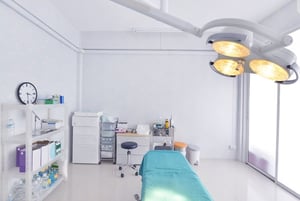Learn what obstacles you can plan for when met with the challenge of replacing a surgeon who contributes significant case volume to your center.
There are typically two scenarios in which ambulatory surgery center (ASC) leadership will find itself under pressure to replace a surgeon who contributes significant case volume to the center. The first scenario is a scheduled exit from the ASC, such as one tied to the surgeon's retirement. In this scenario, leadership will have the ability to proactively plan for the surgeon's departure.
The second — and a much more difficult — scenario is a sudden departure of a surgeon. Reasons for an unplanned departure can include death, illness, relocation, or hospital employment. In this scenario, ASC leadership will find itself in a more reactive and difficult position, likely scrambling to find ways to offset the sudden loss of the surgeon and their associated case volume.
While each scenario presents its own challenges, there are noteworthy obstacles that can stand in the way of successful recruitment of new surgeons applicable to both. Here are five to watch out for.
1. Surgery Center Share Price
A common obstacle to adding surgeons is the ability for new physicians to buy into the ambulatory surgery center. It's not unusual to see situations with a surgeon who wants to buy in but shares are expensive and they are carrying a lot of student debt.
To increase the likelihood of adding new surgeons — especially those who would be willing to commit significant volume to the center, surgery centers must work to keep their ownership share price at a reasonable figure. This is key to helping ensure share price isn't a deterrent for new physicians to consider joining the medical staff.
Another approach through which some ASCs find success is by securing financing options. For example, the surgery center's owners finance the purchase of the ASC's building with a certain bank. The agreement includes a stipulation that if the owners sell shares in the center, the bank will provide new surgeons with a preferred rate or overlook financial issues, such as student loans.
2. Existing ASC Shareholders
Current ASC owners can stand in the way of a center adding new surgeons when shares are involved. Some physicians may balk at the idea of offering additional shares without creating more shares because this can dilute their holdings. It's important to have ongoing discussions with owners about their shares, the value of those shares, and how adding surgeons — especially those that will bring substantial case volume and/or high-profit cases to the center — may be in their best financial interests.
3. Equipment, Staffing, and Training
Unless you can find a replacement surgeon for the one you are losing who performs the same procedures, uses the same equipment, and is willing to work with the same staff, you'll need to address the new surgeon's needs in these and possibly other areas. This will likely entail everything from purchasing new supplies and devices to possibly capital investments if the surgeon requires equipment your ambulatory surgery center currently does not use. The surgeon may also desire to bring some of their own staff with them to the ASC.
If the surgeon wants to bring new procedures, you will need to ensure clinical staff are trained on how to support these cases and business staff on how to code and bill for them. The cost of adding a new physician can quickly add up.
Even if you're eager to add a new surgeon, allocate the necessary time to learn a candidate's needs, what it will cost to meet these needs, whether your budget can comfortably cover these expenses, and whether the long-term return on investment justifies moving forward. Remember: High-volume cases do not necessarily mean high profitability.
4. Hospital Employment
Hospitals have become much more aggressive in their effort to employ physicians and require them to perform procedures in the hospital outpatient department (HOPD) or ambulatory surgery center. Some hospital employment agreements do not permit physicians to own shares in an independent ASC. These agreements are just one of the factors impacting the current surgeon candidate pool.
If your ASC enters into a partnership with a hospital or health system, work to keep such restrictive language out of physician employment agreements.
5. ASC Operating Agreement
An ambulatory surgery center's own operating agreement can be an impediment to adding new surgeons. During an ASC's development, owners may be focused on their own, short-term interests. Since there isn't a need for continued investment at the time, language concerning the new investor process may be omitted from the agreement's original structure. When there is eventually a need or desire to add surgeons, the lack of such language could stand in the way. If any existing owners are opposed to adding new physician owners, revising the agreement to allow recruitment may prove quite difficult.
The key takeaway here: When creating or updating your ASC's operating agreement, consider not just the short-term but the likely future needs of your surgery center.




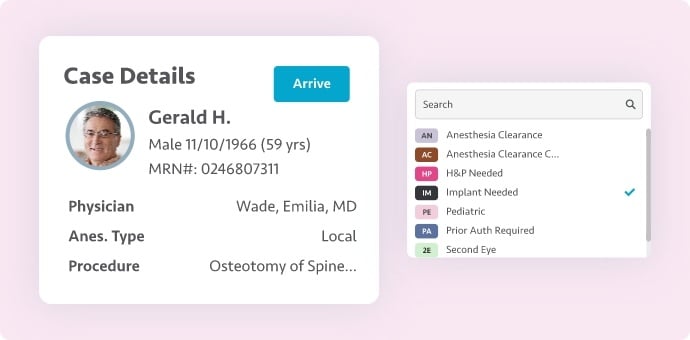
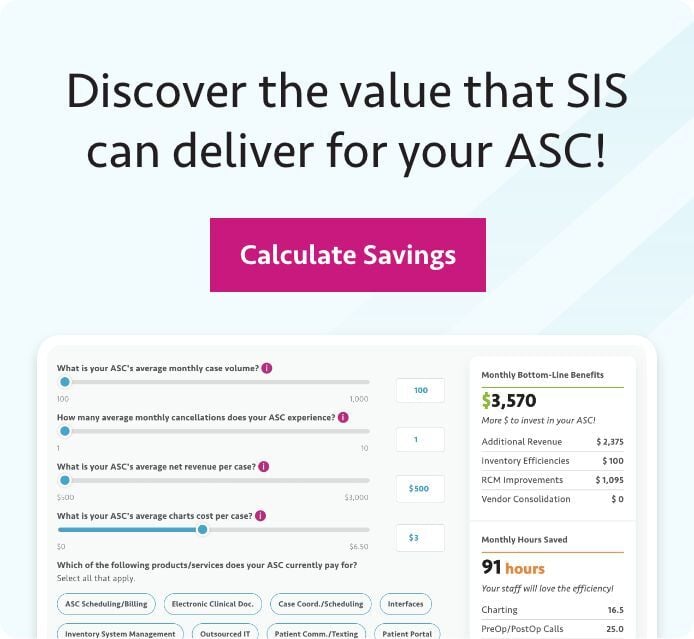

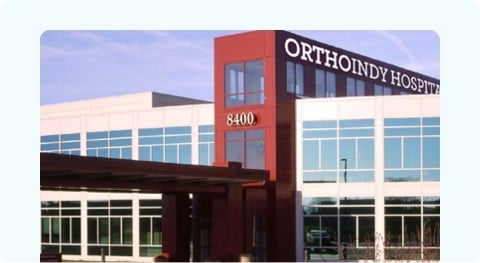
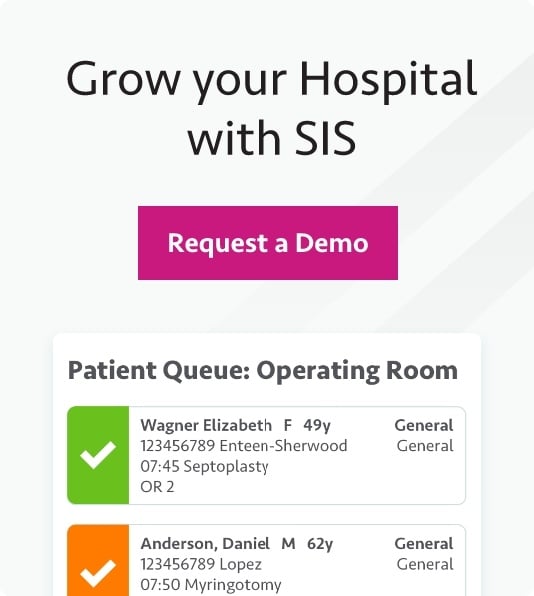









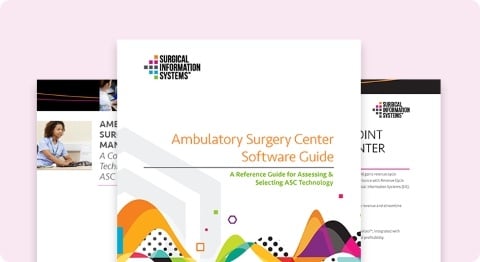




.jpg?width=65&name=Daren%20Smith%20(3).jpg)
